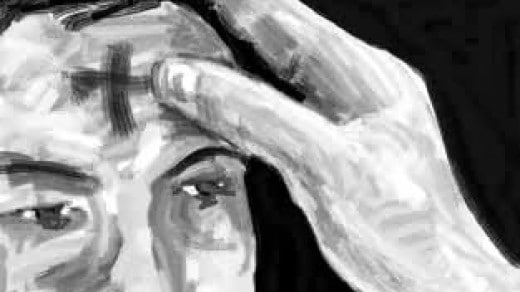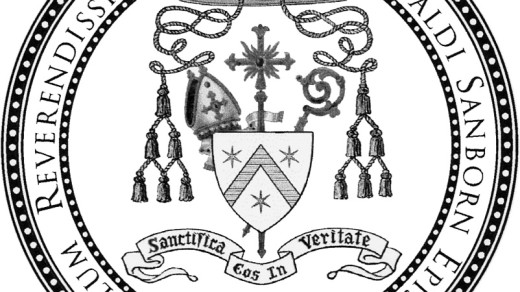It's after Mass and I'm making breakfast. Even though no one is around and as the sausage begins to fry in the pan, I look behind me guiltily. Yes, it's called the First Sunday of Lent, but as we are all reminded by our clergy, Sundays are never days of fast or penance, and of the 6 Sundays that make up this period of preparation before Easter, not one of them are part of the count of 40 that make up our time of mourning. Still, the smell is now in my nostrils and I gently season it with some favorite spices. I try to repress my smile, at least a bit, almost by reflex.
I reflect on the past week - the adjustment of the body to the "main meal" treatment, and remember in particular one day in which my main meal was decidedly a little too main, and other days when I had to change my routine in order to make the fasting flow better with my work day. The vast majority of what I do on a daily basis is intellectual work and hunger has a way of clanging away at your thoughts preventing you from composing, reading, managing, or reflecting.
But that's part of it, isn't it? The Gospel from this Sunday reminds us that Our Lord knew this fast as well. Indeed, we read those astonishing words from St. Matthew: "postea esuriit" ("afterwards, He was hungry."). These words remind us that He does not ask us to do anything He has not already done.
And what happens next? "Et accedens tentator" ("And the tempter coming"). It's not as if the devil ignores us when we are on a full belly, but he knows we are ripe targets when we are fasting. Hence, it is when we are perhaps trying "harder than usual" that he is on to us.
And yet, that frail human nature still wants to complain. We, who have indoor plumbing, climate control, and food of any variety we can imagine. I tried to put myself out there in the desert, with the dust and dryness Our Lord would have faced. What consolations would we have now?
* * *
I shared with some friends some time ago that in the military we were told that pain was "weakness leaving the body." (Mind you, this was in response to some complaints of theirs about many kilometers walked on cobblestones, so it wasn't without merit.) While it is a bit of a rah-rah saying, it does have some truth in it. Fasting is a self-imposed weakness that affects both our body and our mind. Scripture in this Sunday's Gospel pinpoints it as a direct attraction for the Devil. Which means, just as we are asking our bodies and our spirits to cooperate with this self-imposed "weakening" we must conversely step up our spirit to stay erect when our body wants to sag.
Know that the tempting, the badgering, the silly ideas that the devil holds up to us (far less grandiose that what was offered to Our Lord in the desert) has an end. On this side of mortality, it can't go on forever. Perhaps if we remember the end of the passage, when the angels come to minister to Our Lord, we will better appreciate and take solace in the Communion:
"Scapulas suis obumbrabit tibi Dominus, st sub pennis eius sperabis: scuto circumdabit te veritas eius."
"The Lord will overshadow thee with His shoulders, and under His wings thou shalt trust: His truth shall compass thee with a shield."
Persevere, that you may be consoled. He allows us to be tested. So earn the consolation. And let the weakness leave your body.


